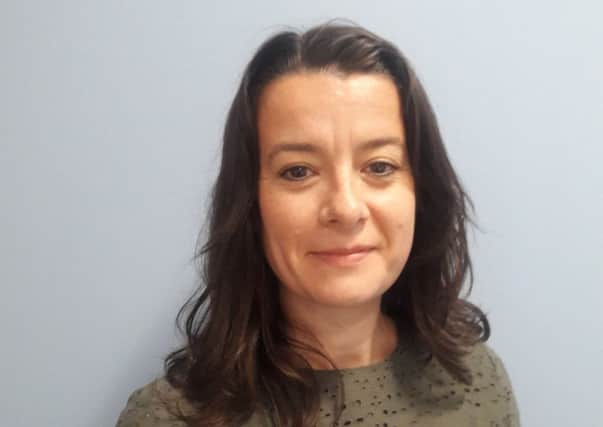Vicky Crichton: Early resolution of complaints allows both parties to move on


That’s why it’s so important that throughout the complaints process – within first tier complaints where firms and practitioners try to resolve the situation themselves, or if a complaint passes to the Scottish Legal Complaints Commission – we promote a focus on early resolution.
This can take many forms, including a settlement or outcome proposed by one party and accepted by the other, or agreed through mediation. However it’s achieved, we believe that early resolution can often be better for both parties, allowing them to move on from the complaint.
Advertisement
Hide AdAdvertisement
Hide AdIn our outreach work with the profession we highlight the importance of seeking early resolution when a complaint is made. Seeking an understanding of both the complaint and what a complainer believes is needed to resolve the situation can help firms to find a suitable solution.
Throughout our complaints process, we seek to build that understanding between parties, identifying where there might be opportunities for agreement. We assess the likelihood of reaching a successful outcome and suggest possible ways of doing so. Where possible, we provide guidance on the likely outcome of an investigation to manage expectations.
We’re proud to say that we now deliver the vast majority of our outcomes without requiring an expensive and time consuming formal adjudication. We believe this is in the best interests of all parties, and the wider sector. It provides the swifter resolution people want and puts the parties in charge of agreeing a consensual solution.
Of course, cases can and do continue to pass through our full statutory process to achieve a formal decision. For some complaints or circumstances this will always be the correct course of action.
One of our real success stories is our mediation service. Before we start investigating a service complaint, we give the complainer and the lawyer or firm an opportunity to attend a mediation meeting, led by an independent external mediator.
The benefits of mediation in a range of settings are now being discussed, and we’ve been sharing our learning and practice with others. We provided information to the Legal Ombudsman on our service as they considered whether to adopt a similar approach. We also fed into Scottish Mediation’s recent report, Bringing Mediation into the Mainstream in Civil Justice in Scotland and Margaret Mitchell MSP’s consultation on mediation.
Focusing on continuous improvement to our own processes, over the past year, we’ve moved to ‘opt out’ mediation. This is aimed at encouraging uptake of a service which, once people take part, has very high resolution rates and receives higher customer satisfaction scores from both lawyers and complainers.
We know that the idea of mediation can be daunting and unfamiliar for some people, so we’ve developed information brochures and a video featuring some of our independent mediators to explain the process. Our staff encourage and support both parties to enter mediation positively, and with a view to finding a fair and reasonable solution. Our experience is that this is often the outcome.
Advertisement
Hide AdAdvertisement
Hide AdWe’re proud to be leading the way in resolving complaints in a way that gives people more involvement and choice, and leads to greater customer satisfaction.
Vicky Crichton is Director of Public Policy, Scottish Legal Complaints Commission